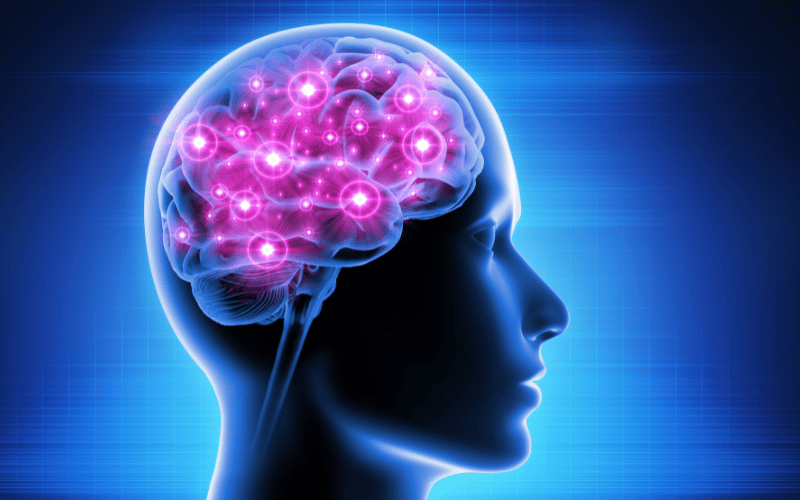Cause 2. Imbalance in Brain Chemistry: A Delicate Balance

Brain chemistry is a complex and delicate system responsible for regulating our mood, thoughts, and behaviors. When the balance of certain neurotransmitters, such as serotonin, dopamine, and norepinephrine, is disrupted, it can lead to the development of depressive symptoms.
Neurotransmitters are chemical messengers that transmit signals between nerve cells in the brain. They play a critical role in regulating our mood, appetite, sleep, and overall sense of well-being. In individuals with depression, the levels or functioning of these neurotransmitters may be altered, leading to mood disturbances and other symptoms associated with the disorder.
Numerous factors can contribute to an imbalance in brain chemistry, including genetics, hormonal fluctuations, chronic stress, and even the use of certain medications. It’s also worth noting that the relationship between brain chemistry and depression is complex and bidirectional – meaning that while imbalances in neurotransmitter levels can contribute to depression, the experience of depression itself can also alter brain chemistry.
Treatment approaches, such as antidepressant medications and psychotherapy, aim to restore balance to brain chemistry and alleviate depressive symptoms. However, it’s essential to recognize that the process of finding the most effective treatment for an individual’s unique brain chemistry may involve trial and error, as each person’s neurochemical makeup is different.
In conclusion, imbalances in brain chemistry play a significant role in the development of depression, and understanding this delicate balance can help inform effective treatment strategies. As our understanding of the complex relationship between neurotransmitters and depression continues to evolve, we may develop even more targeted treatments to address these imbalances and improve mental health outcomes. (2)